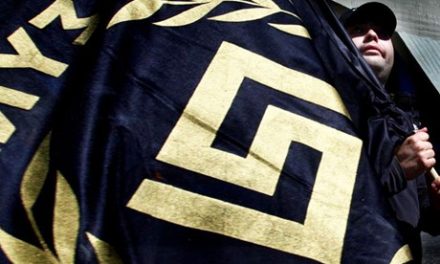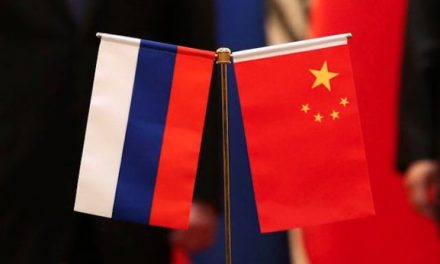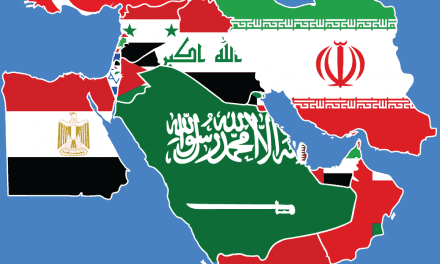By Faisal Al Yafai, The Natinal
A year that won’t end is how 2016 is sometimes perceived. A year of surprises both politically and culturally, it will soon be consigned to history, even as the consequences of its most startling events – the retaking of Aleppo, the election of Donald Trump – only begin to be understood.
If 2016 was a year of surprises, 2017 will be, in the Middle East, a year of decisions. A year when governments in the region will have to make hard, binary choices – and to do so in a world where powerful countries have also become increasingly hard-headed about their priorities. The main question in many capital cities will be: what matters more?
Syria is the axis around which this question will revolve. If, as now seems inevitable, the Assad regime retrenches itself along the western strip from Damascus to Aleppo, many countries will have to decide what matters more to them, opposing a bloody regime or making a pragmatic alliance. Many of the biggest Middle Eastern states, including Turkey and Egypt, are already signalling their intentions.
Turkey, more than most, will face a binary choice. The days when its president, Recep Tayyip Erdogan, was vehemently anti-Assad appear to have passed, forgotten as the Syrian refugee crisis settled in large part in Turkish cities and Kurdish militias saw their chance to carve out a statelet along the Turkish border.
Ankara will therefore have to choose: either it can work with the Syrian regime to halt the attempt at Kurdish statehood in north-east Syria and defeat ISIL, or it can continue to support the patchwork of rebel groups. Already it appears to be preferring the former – and public reaction to the shocking video last week of ISIL murdering two Turkish soldiers may cement that decision.
A year of Mr Trump may weaken Iran, causing it at first to ramp up its proxy wars in the region, but, eventually, to cool them down as its finances are stretched. The question then will be: what matters more? Can Iran be tamed, as some in the Gulf would prefer, or must it be incorporated in some capacity? This question over Iran is not going away. The conditions for its asking have not yet materialised, but, depending on what happens in Washington in the coming months, they may soon.
Those are the hard questions. There will also be much easier ones. On ISIL, there will be no need for choices, simply because there is no room for negotiation with the group. The only question will be how to best degrade it – and how to prepare for the next stage of ISIL’s “jihad”, once they are forced out of their strongholds.
All of these questions will require careful policy and coordination among neighbours and allies. There will, inevitably, be trade-offs. But they also arise at a time in the Middle East when others around the world are more hard-headed in their priorities, in particular the United States and Russia.
For Russia, 2016 was its first full year of openly backing the Syrian regime – indeed, the first time for many years that it has put so many resources behind a government not previously part of the Soviet Union. Russia’s role in Syria has been decidedly hard-headed: it has ignored international norms and its standing in the West for narrow political gain.
It is too early to guess what Mr Trump will do, but the indications are that he will, too, be similarly hard-headed. America’s focus will be on Mosul in Iraq and Raqqa in Syria and little else. Despite Mr Trump’s belligerence towards China, it seems the one region he is unwilling to pick a fight with is this one.
That hard-headedness will rub off. If there were days – or years – of idealism in the Middle East after the Arab Spring, they are now forgotten.
Syria, Libya and Yemen have become narrow security problems to be solved, not places to practise post-revolutionary nation-building. The more expansive roles that Egypt, Turkey and Saudi Arabia once imagined for themselves will have to take a back seat to security and financial stability.
Some will see that as a counsel of despair. But the wars of the Middle East have profoundly changed policy calculations. No problems with neighbours, as Turkey’s foreign minister once suggested, has given way to problems everywhere.
If the early years of Barack Obama’s presidency were characterised by hope and the possibility of change in the Middle East, the first years of Mr Trump’s presidency will mean retrenchment and a narrow focus in the region’s capitals. It is a profound irony of history that it is in part due to Mr Obama’s actions over Iran and inaction over Syria that the region finds itself in that position.



















